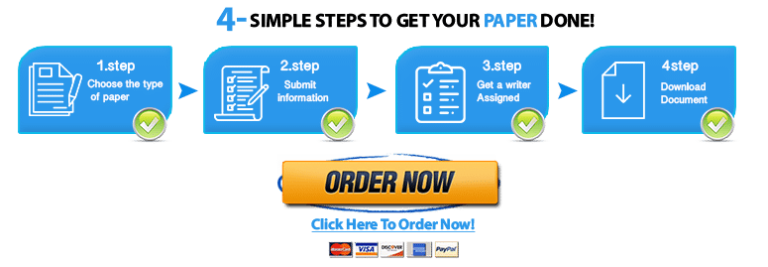Educational psychology seeks to inform and guide various areas of education practice. It plays a vital role in student learning and can help
influence the professional development of teachers as well. Through professional development, teachers can keep abreast of current
educational research. Professional development can be incorporated into the day-to-day activities of teachers with the ultimate goals of
enhancing teaching practices and improving student learning.
For this Discussion, review this week’s media and other Learning Resources. Think about how educational psychology can contribute to the professional development of teachers.
With these thoughts in mind:
Post by Day 3 two examples of how educational psychology informs teaching practices. Then explain three ways educational psychology
informs and guides the professional development of teachers. Be specific and use the Learning Resources and current literature to support your response.
Be sure to support your postings and responses with specific references to the readings below.
Readings
Article: Organisation for Economic Co-operation and Development. (2011). Building a high-quality teaching profession: Lessons from around the world. Retrieved from http://www.oecd.org/education/school/programmeforinternationalstudentassessmentpisa/47506177.pdf
Article: Polly, D., & Hannafin, M. J. (2011). Examining how learner-centered professional development influences teachers’ espoused and
enacted practices. The Journal of Educational Research, 104(2), 120–130.
Copyright 2011 Taylor & Francis Informa UK Ltd. Journals. Used with permission from Heldref Publications via the Copyright Clearance Center.
Article: Shulman, L. S. (2000). Teacher development: Roles of domain expertise and pedagogical knowledge. Journal of Applied Developmental Psychology, 21(1), 129–135.
Retrieved from the Walden Library using the ScienceDirect database.
Article: Wichadee, S. (2011). Professional development: A path to success for EFL teachers. Contemporary Issues in Education Research, 4(5), 13–21.
Retrieved from the Walden Library using the Education Research Complete database.
